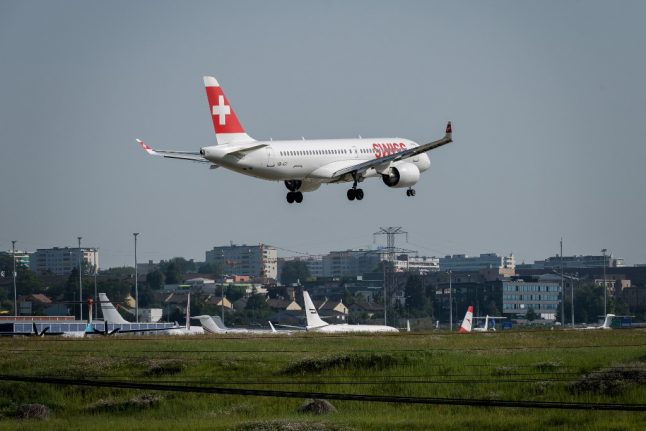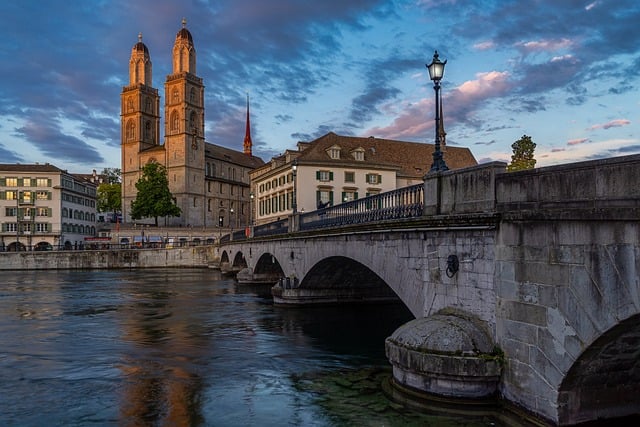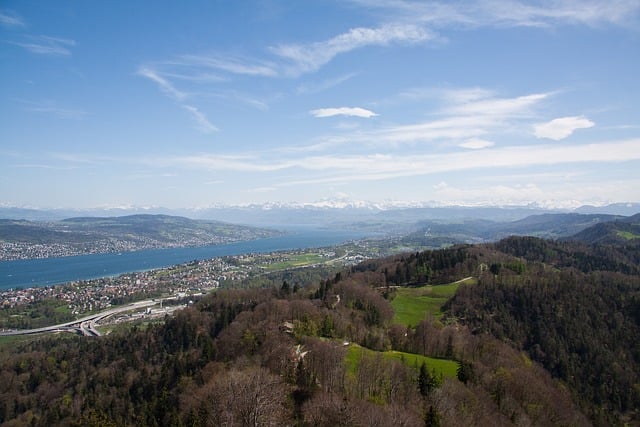“In view of the favourable development of the epidemiological situation, the Federal Council decided to relax the entry restrictions it had imposed to protect the Swiss population against spread of coronavirus”, the authorities said in a statement.
The relaxation will impact the following areas:
Employment
From June 8th, Swiss companies will be able to again recruit workers from the EU and EFTA (Norway, Liechtenstein and Iceland), as well as from ‘third countries’ — those that don’t belong to either category.
Companies will be allowed to hire foreign workers if they urgently need them and cannot find suitable employees on the Swiss market.
Residence permits
Also as of June 8th, the cantons will once again handle all applications for residence permits or border and short-term job permits from the EU and EFTA citizens.
Applications from third-country workers will also be considered, provided their employment would be in the public interest — for example, “if a company urgently needs specialists whose work cannot be postponed or carried out from abroad”, the Federal Council said.
The cantons will also examine applications for short-term residence permits to conclude a marriage or registered partnership with a Swiss citizen or a foreign national holding a residence permit.
Students will be allowed to enter the country for training and education purposes.
In addition, legal residents, short-term permit holders, and even provisionally admitted foreigners, will be able to reunite with a family member from abroad.
READ MORE: Switzerland announces most lockdown restrictions will be dropped in June
Free circulation / travel
The free movement of people is set to resume on July 6th within the entire Schengen area, the Federal Council said.
Health measures, such as taking a temperature, a health questionnaire, or even a quarantine, may be ordered at the border for certain categories of people arriving from a country at risk. Passenger flights from abroad to Zurich, Geneva and Basel airports will no longer be restricted.
The government has not yet set the date for the opening of Swiss borders to people from third countries, but the decision will be made in coordination with other Schengen nations, Sommaruga said.
And while Switzerland will open its borders with Austria, Germany, and France on June 15th, the Federal Council “considers it premature to lift controls at the border with Italy” on June 3rd, when the Italian government is planning to re-open its borders to tourists from the EU.
Swiss authorities were caught by surprise by Italy’s announcement on May 18th because the country has not recovered from the Covid-19 outbreak as quickly as Switzerland’s other neighbours.




 Please whitelist us to continue reading.
Please whitelist us to continue reading.
Member comments